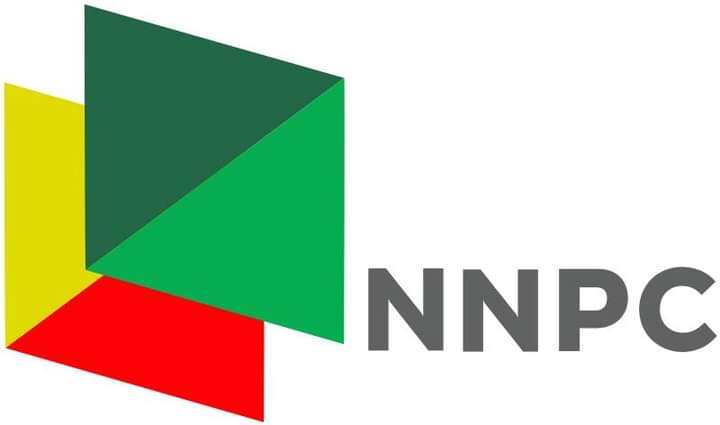Former Vice President Atiku Abubakar has come for President Bola Tinubu over the Federal Inland Revenue Service (FIRS) appointment of Xpress Payment Solutions Limited as one of its collecting agents under the Treasury Single Account (TSA) framework.
The appointment means taxpayers using the FIRS TaxPro Max portal can now select Xpress Payments as a channel for remitting taxes to the Federal Government.
Users generating a Payment Reference Number (PRN) will have the option of paying through XpressPay, the company’s online gateway, or at bank branches via its e‑Cashier platform.
The appointment covers major statutory payments, including Company Income Tax (CIT), Value Added Tax (VAT), Withholding Tax (WHT), and other FIRS‑related remittances.
Atiku, a likely presidential candidate for the opposition African Democratic Congress (ADC), frowned at the move, describing it as a “dangerous resurrection of the Alpha Beta revenue cartel that dominated Lagos State during and after the Tinubu years.”
He alleged that the model created a private toll gate around public revenue and funneled state funds into the hands of a politically connected monopoly.
Atiku’s reference to Alpha Beta may not be unconnected to the alleged links between the president when he served as the governor of Lagos State and this firm, between 1999-2007.
His opponents allege he commissioned the private company to collect Lagos State taxes during his time as governor under opaque processes. The president had denied any wrongdoing.
Concerns Over Transparency and State Capture
Atiku argued that the quiet appointment of Xpress Payments was not a routine administrative decision but an attempt to nationalize a template of revenue cartelization.
“What we are witnessing now is the attempt to move Nigeria from a republic to a private holding company controlled by a small circle of vested interests,” he said.
He criticized the timing of the decision, noting that Nigerians are mourning loved ones lost to insecurity.
“To introduce such a policy in the middle of a national tragedy is insensitive. Leadership should show empathy and focus on securing lives, not on expanding private revenue pipelines,” Atiku stated.
The former Vice President raised several questions:
- Why was the appointment rushed without consultation, stakeholder engagement, or National Assembly oversight?
- What value does Xpress Payments add that existing TSA channels such as Remita do not already provide?
- Who truly benefits from this arrangement—Nigeria or entrenched political networks?
Atiku insisted that Nigeria does not need more middlemen between citizens and government revenue. Instead, he called for greater transparency, stronger institutions, and a tax system free from political capture.
Calls for Suspension and Public Inquiry
Atiku outlined a five‑point demand:
- Immediate suspension of the Xpress Payments appointment pending a public inquiry.
- Full disclosure of contractual terms, beneficiaries, fee structures, and selection criteria.
- A comprehensive audit of TSA operations to prevent creeping privatization of revenue collection.
- A legal framework prohibiting the insertion of private proxies into core government revenue systems.
- A national security priority shift, recognizing that economic governance cannot be conducted in the shadows while insecurity tears communities apart.
He concluded: “Nigeria’s revenues are not political spoils. They are the lifeblood of our national survival. The government must abandon this Lagos‑style revenue cartelization and return to the path of transparency, constitutionalism, and public accountability.”
The FIRS has in recent years expanded its digital tax infrastructure.
Alongside Remita’s long‑standing role as a TSA collecting agent, e‑Tranzact International Plc was appointed as the technical backbone for the FIRS e‑invoicing and electronic authentication platform, focusing on transaction‑level documentation and compliance monitoring.
Unlike e‑Tranzact, Xpress Payments’ role deals strictly with payment collection.
Xpress Payments, incorporated in 2016, operates across electronic collections, bill payments, and disbursements.
The company is licensed as a Payment Terminal Service Provider (PTSP) and provides switching and transaction‑processing services for financial institutions and corporate clients.
Its Acting Managing Director, Wale Olayisade, confirmed that infrastructure is in place to support federal tax collections.
Rate, Like 👍, Comment 💬, Share this article, Follow us on our social media handles, and Submit your own story to get featured and earn rewards!







